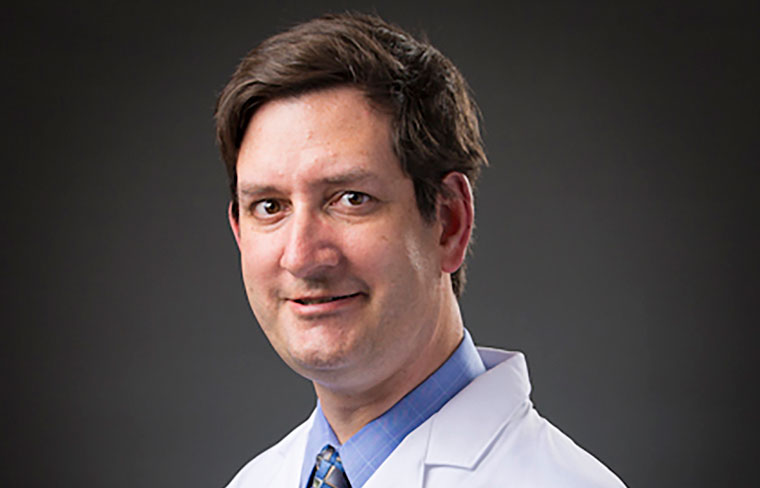
The SSAT Resident and Fellows Education/Health Care Quality and Outcomes Committee will explore the role of video-based coaching during the Monday afternoon session Video Coaching and Certification to Enable Competency Based Surgical Education. The 90-minute session will be presented in collaboration with the Society of American Gastrointestinal and Endoscopic Surgeons (SAGES).
“I believe we’re facing a crisis in medical education on two levels,” said session moderator Brian Davis, MD, FACS, FASGE, associate professor of surgery and internal medicine at Texas Tech University Health Sciences Center, El Paso. “First, there’s a very steep learning curve and limited exposure to complex procedures during training. Second, we struggle to determine whether graduating residents are competent.”
Video-based coaching in resident education and for practicing surgeons can help address these concerns, Dr. Davis said.
“I know there’s some confusion about what coaching is,” said Dr. Davis, who is also the general surgery residency program director at Texas Tech. “We define coaching as a social interaction that aims to develop expertise by setting specific goals and providing feedback in order to achieve those goals. It’s pairing people considered to be masters in their field with people who are learning. Learners submit video recordings for post-surgical review to receive feedback. This has been shown to work for residents in training as well as physicians in practice.”
The session’s panelists will review how video-based coaching has been used successfully by a group in Wisconsin.
“The data coming out demonstrate how groups of experts or master-level faculty can provide excellent mentoring and feedback in specific surgical techniques that are considered widely disparate between certain areas of practice,” Dr. Davis said.
The panel will feature four experts in surgical education. Matthew Ritter, MD, FACS, the surgery residency program director at the Uniformed Services University Medical School in Bethesda, MD, is leading the development of a video-based assessment to determine competency in graduating fellows in minimally invasive surgery for SAGES. Matthew Goldblatt, MD, FACS, chair of the SAGES Resident and Fellow Training Committee, is professor of surgery and residency program director at the Medical College of Wisconsin, Milwaukee. Dmitry Oleynikov, MD, FACS, is professor and chief of minimally invasive surgery at the University of Nebraska Medical Center, Omaha. And Dimitrios Stefanidis, MD, PhD, FACS, professor of surgery and vice chair of education in the department of surgery at the University of Indiana, Indianapolis, will share his expertise in the development of simulation curriculum.
“With rapid advances in techniques and technology, it becomes harder to help people with the surgical learning curve. And increasing time constraints on faculty decreases the opportunity for intraoperative teaching. Therefore, we have to capture a way to increase teaching after the surgery and to help people become better at self-analysis, self-evaluation and goal setting to improve their learning,” Dr. Davis said.
Please refer to the DDW Mobile App or the Program & Exhibits section for the time and location of this and other DDW® events.
We define coaching as a social interaction that aims to develop expertise by setting specific goals and providing feedback in order to achieve those goals. It’s pairing people considered to be masters in their field with people who are learning.Brian Davis, MD, FACS, FASGE



